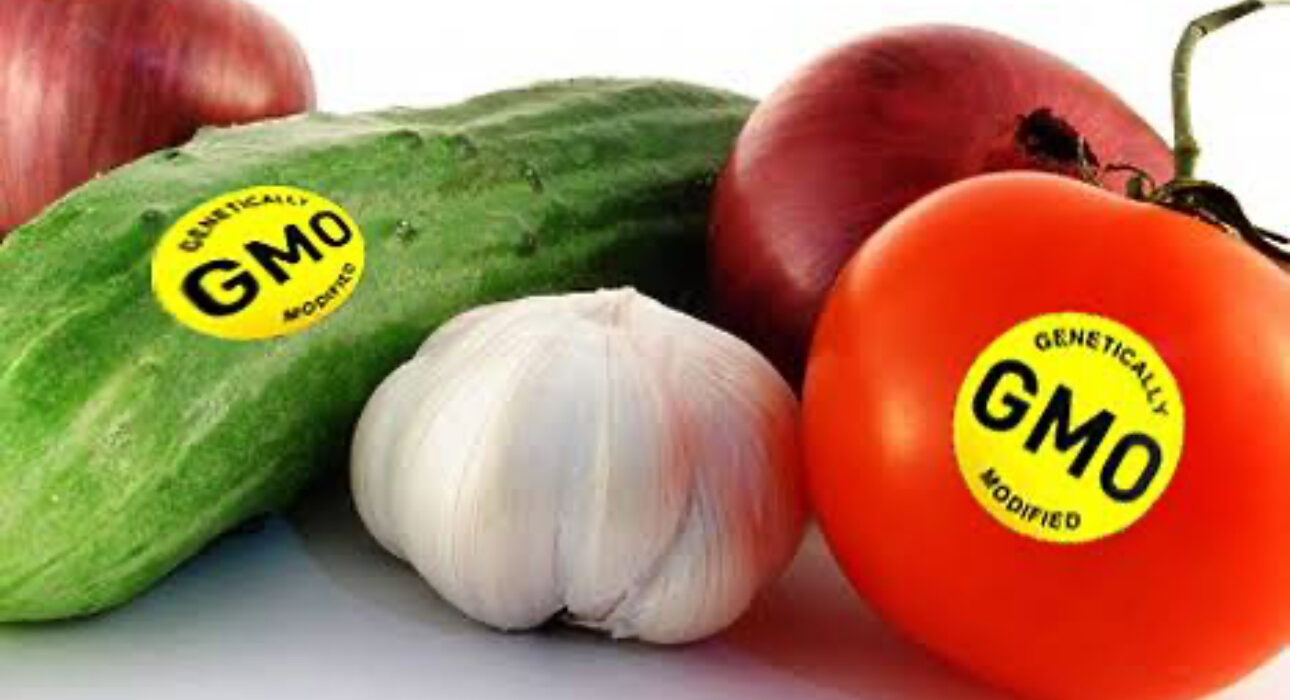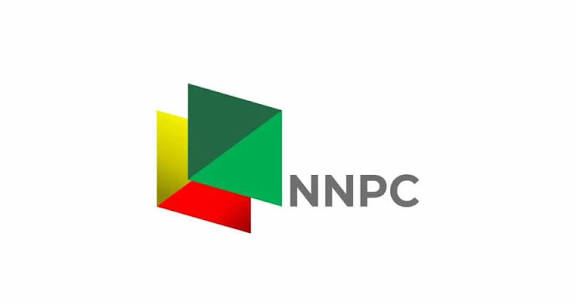FG to Begin Labelling Genetically Modified Crops for Consumer Safety

The Federal Government has announced plans to introduce mandatory labeling of genetically modified (GMO) crops and food products in Nigeria, a move aimed at ensuring consumer awareness and protecting public health.
The decision was disclosed at a workshop in Abuja, where the Minister of State for Health, Dr. Iziaq Adekunle Salako, stressed that while biotechnology has brought major breakthroughs in agriculture and medicine, it must be accompanied by strict safety regulations.
He cited the role of biotechnology in producing COVID-19 vaccines and synthetic insulin but warned that such innovations are not without risks.
“A safe food system is non-negotiable. Nigerians deserve to know what they are consuming, and labeling genetically modified products is a key step in guaranteeing transparency and choice,” Salako said.
The call was echoed by the Director-General of the National Agency for Food and Drug Administration and Control (NAFDAC), Prof. Mojisola Adeyeye, who maintained that GMO foods are safe once proper protocols are followed.
However, she emphasized that clear labeling was essential to protect consumer rights.
This development comes against the backdrop of growing debates over the safety and acceptance of GMOs in Nigeria. In January, the House of Representatives Committee on Science and Technology directed the National Biotechnology Development Agency (NABDA) to ensure GMO products are clearly labeled, aligning Nigeria with global best practices.
Lawmakers also urged the Federal Government to suspend the introduction of new GMO crops until comprehensive safety reviews were completed.
The National Biosafety Management Agency (NBMA), in collaboration with NAFDAC, is expected to lead enforcement, working through a technical working group that oversees biosafety assessments and labeling protocols.
Analysts note that while GMOs can help tackle food insecurity by boosting yields and resilience, skepticism remains strong among Nigerians who fear potential health and environmental risks. Advocates of labeling say it will not only build public trust but also empower consumers to make informed decisions in the marketplace.
The new labeling policy marks a significant shift in Nigeria’s approach to biotechnology, signaling a balance between embracing innovation and safeguarding public health. With legislation, regulatory oversight, and consumer awareness converging, the government insists the policy will promote transparency, food safety, and accountability in the country’s food system.









